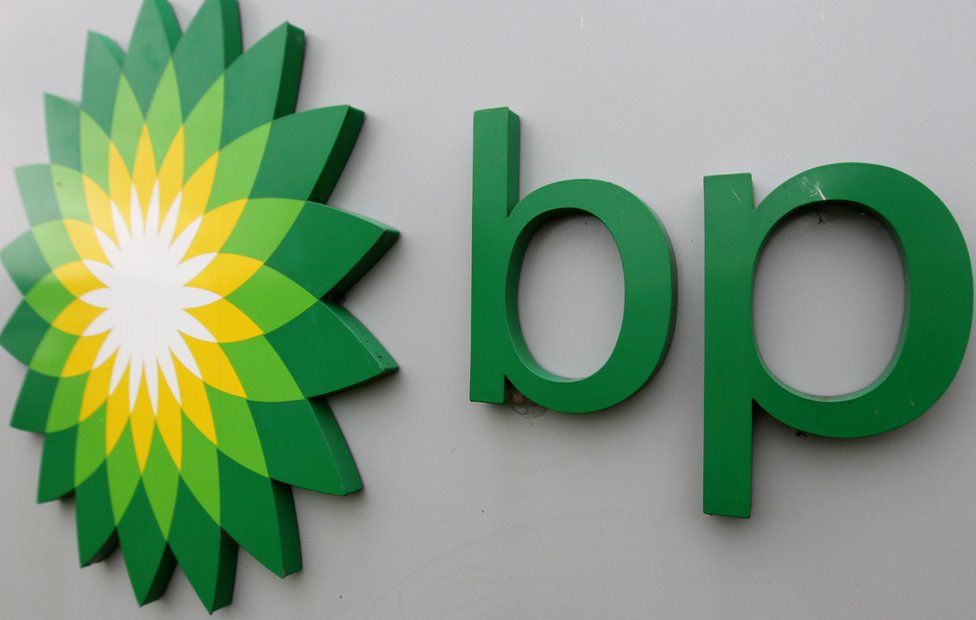ARTICLE AD BOX
 Image source, Andrew Milligan
Image source, Andrew Milligan
By Esme Stallard and Merlyn Thomas
Climate and Science team, BBC News
Some of the UK's biggest pension funds are to vote against reappointing BP's chairman over a decision to weaken its climate plans.
It comes after the energy giant cut back its target to reduce emissions by the end of the decade.
Ahead of the firm's annual meeting on Thursday, the five pension schemes, all shareholders in BP, criticised a "failure of governance" .
BP said it valued "constructive challenge and engagement".
The original target to reduce emissions was agreed by shareholders in 2022 and included a promise to cut greenhouse gas emissions by 35-40% by the end of this decade.
But in February, BP announced it was now aiming for a 20-30% cut in order to produce more oil and gas and extend the life of existing fossil fuel projects. BP chief executive Bernard Looney said this was in response to increased concerns about energy security following the invasion of Ukraine.
The five pension funds told the BBC that their vote against the company's chairman, Helge Lund, was a protest against the company's actions. The pension funds have £440m invested in BP, which represents less than 1% of the company's total shares. But they manage the pensions of more than a third of the UK's workers so are an influential voice.
Katharina Lindmeier, senior responsible investment manager at Nest, the government-backed pension fund, told the BBC: "Not only were we disappointed to see the company going back on the targets, but we were also really surprised not to have had any consultation."
The five pension funds - Nest, the Universities Pension Scheme, LGPS Central, Brunel Pension Partnership and Border to Coast - are concerned that the new targets put BP financially at risk as the company's fossil fuel projects are likely to lose value as the world moves towards net zero emissions.
Nest also told the BBC that there were concerns over BP's actions on reducing gas flaring, after seeing the BBC documentary Under Poisoned Skies.
The BBC News investigation showed that BP was one of several major oil companies not declaring emissions from gas flaring at oil fields in Iraq, which produces cancer-linked pollutants. Ali Hussein Julood, who documented his life in Rumaila, Iraq for the documentary suspected his childhood leukaemia was due to the flaring. He passed away on 21 April after his cancer returned.
BP told the BBC that it "was extremely concerned by the issues raised" in the documentary and is working to address them.
Image source, Hussein Faleh/BBC
Image caption,Gas flaring at oil fields near Basra, Iraq where BP is a major contractor
The pension funds told the BBC they only found out about the change in BP's climate targets via media reports. They then approached BP to ask for a vote on the new targets but BP refused, arguing it was not a material change to the strategy.
The funds decided to go public with their votes - which were cast before Thursday's annual meeting - due to concerns that BP's actions may set a "dangerous precedent" for other oil and gas companies pulling back on their targets.
Patrick O'Hara, director of responsible investment at LGPS, told the BBC: "If you change the strategy you should really enter into a dialogue with those that supported you."
He said he thought BP's decision was driven by short term profit considerations rather than the long term sustainability of the company.
"Are these strategies science-based if you can flex them based on what the oil and gas price is? We are long term investors and we expect the company to take a long term view", he said.
The company's profits more than doubled to $27.7bn (£23bn) in 2022, as energy prices soared after Russia invaded Ukraine.
As well as voting against the re-election of the chairman, the five pension funds are supporting the a resolution put forward by Dutch NGO Follow This which calls for more aggressive targets on what are known as scope 3 emissions - emissions from the use of its products.
BP recommended that shareholders not support this resolution calling it "unclear", "simplistic" and "disruptive".
ISS and Glass Lewis are the world's largest investor services and have recommended to BP shareholders they advise to oppose the climate resolution.
Courteney Keatinge, senior director for ESG research at Glass Lewis, said the company does not see BP's actions to reduce its climate targets as a financial risk because the world will continue to use oil and gas past 2050.
"We are not operating under a net zero 2050 scenario, the demand is going to be there [in 2050], people will be flying planes and heating their homes", she said.
Shareholders are required to vote before the annual meeting, and the result will be announced on Thursday. It is not known how many shareholders will dissent as many choose not to go public.
The deadly impact of the oil giants' toxic air pollution on children and the planet is revealed in this BBC News Arabic investigation from the front line of climate change in Iraq.

 1 year ago
31
1 year ago
31








 English (US) ·
English (US) ·